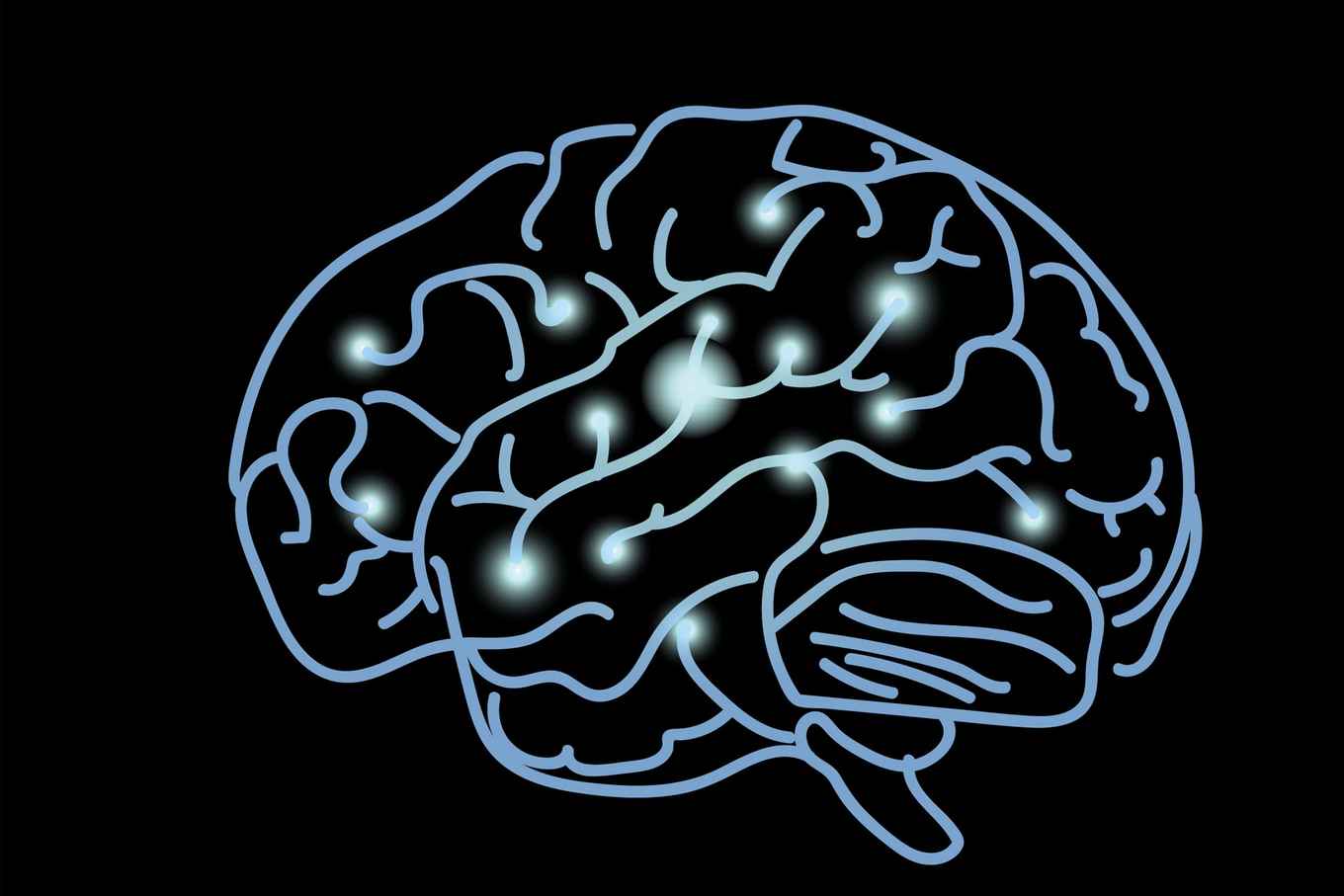Amsterdam Neuroscience grants awarded to UvA researchers
5 December 2019

These are the awarded projects
‘Excitation-inhibition ratio as a translational concept: Optogenetic validation of a novel method to stratify autism spectrum disorder’
Dr Umberto Olcese (Cognitive and Systems Neuroscience) and Dr Klaus Linkenkaer-Hansen (VU) have jointly been awarded a Proof of Principle grant for the project‘Excitation-inhibition ratio as a translational concept: Optogenetic validation of a novel method to stratify autism spectrum disorder’. They will use in vivo optogenetics and ensemble recordings to validate EEG-based biomarkers which are being developed to detect individual variations in autism spectrum disorders and aid the selection of the most appropriate therapeutic intervention.
‘Sensory perceptual decision making affected in persons with impuls control impairments’
Dr Jeannette Lorteije (Cognitive and Systems Neuroscience) received a grant together with Dr Lucres Nauta-Jansen, Prof. Arne Popma and Tycho Dekkers from the department of Child and Adolescent Psychiatry of the AUMC, and from the Bascule, Academic center for Child and Adolescent Psychiatry. The project will assess whether sensory perceptual decision making is affected in persons with impuls control impairments, and to validate whether mice are suitable model animals for impulsivity disorders in humans.
‘Putting a restless locus coeruleus to sleep to resolve distress of emotional memories’
Dysfunction can lead to restless REM-sleep and disturbed processing of emotional memories. The team aims to develop an in vivo model in which the activity of the locus coeruleus can be manipulated. Furthermore, they will evaluate whether a specific component in the EEG during sleep can be used as biomarker for disturbed locus coeruleus activity.
‘Working Out the Antidepressant Effects of Exercise’
Dr Joram Mul (Structural and Functional Plasticity of the Nervous System) and Prof. Sabine Spijker (VU) jointly received a Proof of Principle grant for their proposal “Working Out the Antidepressant Effects of Exercise”. The goal is to perform unbiased transcriptomic and proteomic screens to identify molecular mechanisms that mediate the antidepressant action of exercise and environmental enrichment in validated models of depression/post-traumatic stress disorder.
The impact of early-life stress on hypothalamic microglial immunometabolism.
Dr. Aniko Korosi (Structural and Functional Plasticity of the Nervous System) and dr. Chun-Xia Yi (AUMC) have jointly received a grant for the project “The impact of early-life stress on hypothalamic microglial immunometabolism”. Early-life stress increases vulnerability to develop metabolic disorders (such as obesity and insulin resistance) later in life. However, the exact mechanisms are unknown. The goal of this project is to study the impact of early-life stress on the metabolism of microglia (the brains immune cells), to understand how dysregulation of microglia affects metabolic disorders.